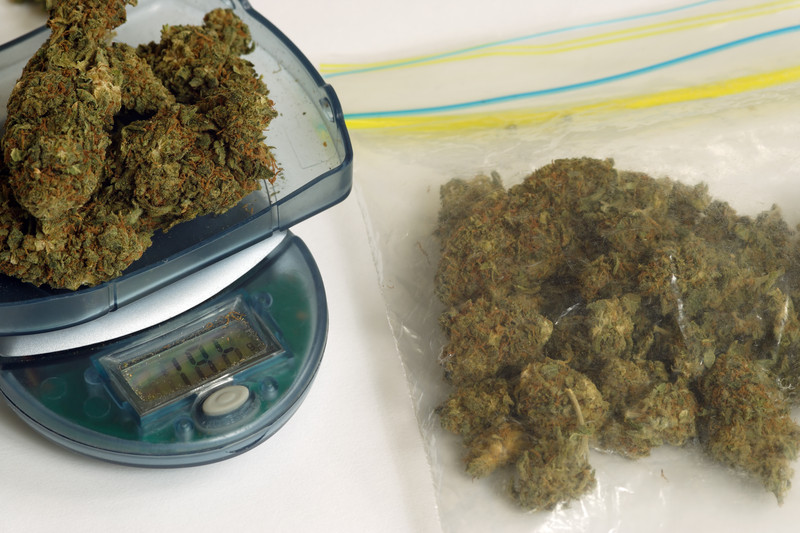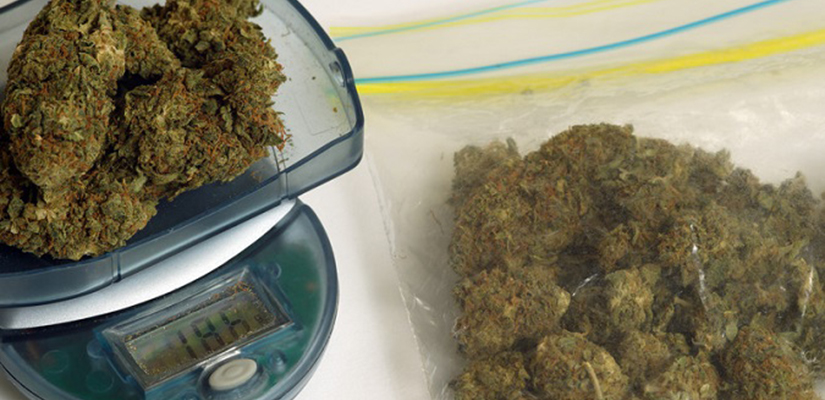In the context of California medical marijuana laws, a “primary caregiver” is an individual or facility that has “consistently assumed responsibility for the housing, health, or safety of a patient” over time. (California Health & Safety Code 11362.5(e)). Consistency is critical to meeting this definition. A patient can elect to frequent any dispensary that he or she chooses. The patient can visit different dispensaries on a single day or any subsequent day. The statutory definition includes some clinics, health care facilities, residential care facilities, and hospices. However, in light of the holding in People v. Mentch (2008) 45 Cal.4th 274, 283, to qualify as a primary caregiver, more aid to a person’s health must occur beyond merely dispensing marijuana to a given customer.

The California Legislature set forth what types of facilities could qualify as “primary caregivers.” The legislature restricted the definition to one involving a significant and long-term commitment to the patient’s health, safety, and welfare. The only facilities which the Legislature authorized to serve as “primary caregivers” are clinics, health care facilities, residential care facilities, home health agencies, and hospices which actually provide medical care or supportive services to qualified patients. (California Health & Safety Code 11362.7(d)(1)).
For over 30 years Wallin & Klarich has been defending thousands of clients charged with marijuana related offenses. There are many defenses to a marijuana case in California. If you or loved one has been charged with a drug crime, call our law offices now for a free consultation, 888-280-6839. With offices in San Bernardino, Los Angeles, Riverside, San Diego, Ventura and Orange Counties, we can defend you no matter where you live. We will be there when you call.



